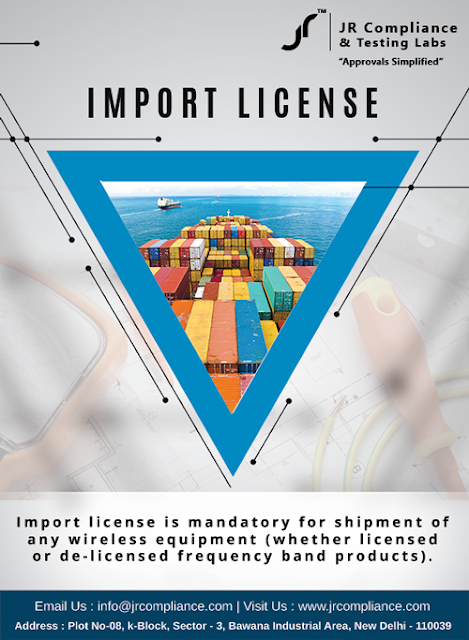International Organization for Standardization (ISO) is a
global office set up in the year 1947 in Geneva, Switzerland. Its goal is to
distribute universal models and guarantee that products being given to people
in general are of good quality and safe to utilize. As of April 2018, there are
161-part nations and every part nation have an administration directed body to
carry on the comparable capacities on the national level.
For India, we have Bureau of Indian Standards (BIS). BIS Certification is given in India by Bureau of Indian Standards (BIS), the National Standards Body has been effectively advancing and supporting principles development inside the nation since 1947. BIS appeared on 1987 through an Act of Parliament. BIS is engaged with different exercises like guidelines definition, confirmation of products, hallmarking, testing and calibration scheme and more through BIS Registration Consultants in India.
BIS is a national body which looks after quality, well-being
and unwavering quality of products in India. BIS has set up eight focal, four
Regional and three branch research centres in the nation to tests products amid
the primer and surveillance operation. BIS Certification is along these lines
empowered by the legislature for the accompanying purposes:
- For the health and wellbeing of the public;
- For giving quality confirmation;
- For shielding the shopper from perilous products;
- For promoting consumer confidence.
- BIS Product Certification Scheme
BIS product Certification Scheme is one of the biggest on
the planet, with more than 26500 licensees covering in excess of 900 products.
BIS Certification enables the licensees to utilize the prevalent ISI stamp on
their product, which is synonymous with quality products.
According to
Government notice, 90 products are obligatorily required to have BIS
confirmation. BIS additionally works Foreign Manufacturers Certification Scheme
under which abroad producers can be allowed permit to utilize the BIS Standard
Mark. At present, more than 350 licenses have been allowed for more than 50
Indian Standards in 40 distinct nations.
Products that Require
Mandatory BIS License or BIS Certificate
Certain products are required to have BIS License or
Certification obligatorily thinking about the general wellbeing and security.
Without BIS Certification, these products can't be made or sold. Coming up next
are products that require obligatory BIS License or Certification.
- Cement
- Medical Equipments
- Steel Products
- Oil pressure stoves
- Automobile adornments
- Cylinders, Valves and Regulators
- Electrical Transformers
- Household electrical merchandise
- Food and related products
- Diesel motors
So, in a way it is mandatory to get BIS certification to testify
the quality of the product and make it appropriate for the use of public. BIS
is synonymous with quality and if you are a manufacturer than you can hire the
expertise of BIS Certification
Consultants in Delhi to get BIS certification for your manufactured
product.
All the more, BIS Certificate for Import in India is mandatory as the imported goods are
evaluated on Indian quality standards to ensure their value, application and
safety. For importers and exporters alike, getting BIS certification is important
as this makes their product more reliable and acceptable in the market.


